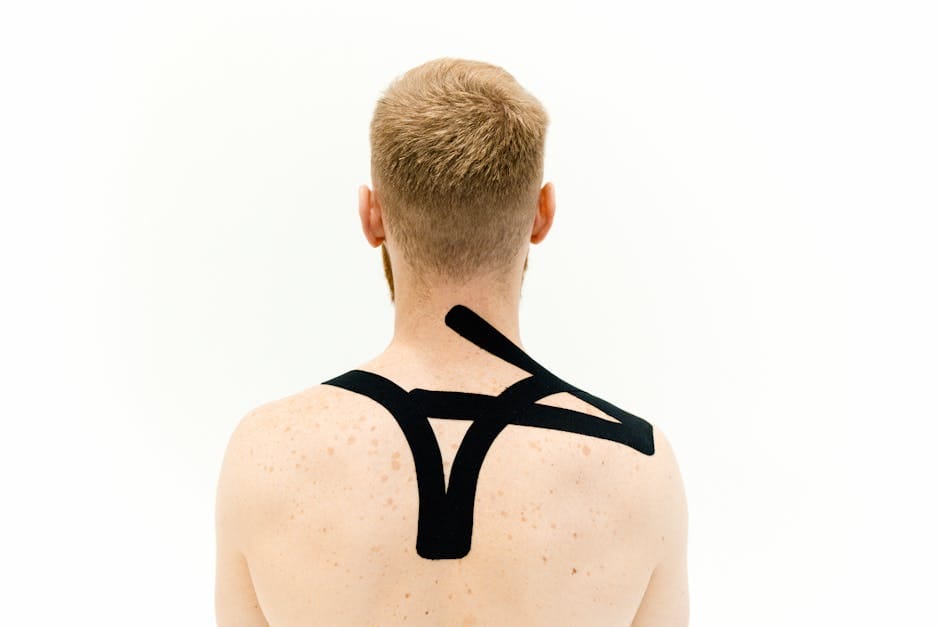Back Pain: When to See a Doctor
Back pain is something most people will experience at some point in their lives. While often it can be managed with home remedies, there are times when professional medical attention is necessary. Knowing when to see a doctor can make all the difference in ensuring you get the right treatment and avoid chronic issues. In this blog post, we’ll delve into the signs that indicate it’s time to consult a healthcare professional. 🩺
Table of Contents
1. Introduction
2. Understanding Back Pain
3. Symptoms That Require Medical Attention
4. Common Causes of Back Pain
5. When to Seek Immediate Medical Help
6. Diagnosis and Treatment Options
7. Conclusion
8. FAQs
Understanding Back Pain
Back pain can vary from a dull, constant ache to a sudden, sharp pain. It’s one of the leading reasons people miss work and visit doctors. Understanding the root cause of your back pain is crucial as it can stem from a variety of factors, including lifestyle choices, injuries, or underlying medical conditions.
Symptoms That Require Medical Attention
While mild back pain often resolves on its own, there are specific symptoms that warrant a doctor’s visit:
1. Persistent Pain: If your back pain lasts more than a few weeks, it’s time to seek professional advice.
2. Severe Pain: Intense pain that doesn’t improve with rest or over-the-counter medications needs medical evaluation.
3. Radiating Pain: Pain that spreads down your legs or causes weakness, tingling, or numbness in your legs should be addressed promptly.
4. Unexplained Weight Loss: If your back pain is accompanied by sudden weight loss, it could indicate a more serious issue.
5. Fever or Infection Signs: If you experience back pain with fever, it could be a sign of an infection.
Common Causes of Back Pain
Understanding what might be causing your back pain can help you and your doctor determine the best course of action. Common causes include:
Muscle Strain: Overuse or lifting heavy objects can strain the back muscles.
Arthritis: Conditions like osteoarthritis can affect the lower back.
Herniated Disk: A bulging or ruptured disk can press on a nerve, causing pain.
Skeletal Irregularities: Conditions like scoliosis can lead to back pain.
When to Seek Immediate Medical Help
In some cases, back pain can signal a serious medical condition that requires urgent attention. If you experience any of the following, seek immediate medical help:
Loss of Bladder or Bowel Control: This can indicate a serious condition called cauda equina syndrome.
Severe Abdominal Pain: This could be a sign of an abdominal aortic aneurysm.
History of Cancer: If you have a history of cancer and develop new back pain, it’s crucial to see a doctor.
Diagnosis and Treatment Options
Once you decide to see a doctor, they may perform various tests to diagnose the cause of your back pain. These can include physical exams, X-rays, MRIs, or CT scans. Based on the diagnosis, treatment options may include:
Physical Therapy: Exercises and stretches can strengthen back muscles and improve posture.
Medications: Pain relievers, muscle relaxants, or anti-inflammatory drugs may be prescribed.
Surgery: In severe cases, surgical intervention may be necessary to correct underlying issues.
Lifestyle Modifications: Changes in diet, exercise, and posture can significantly impact back health.
Conclusion
Back pain is a common ailment, but knowing when to see a doctor is key to preventing long-term issues. By paying attention to your symptoms and seeking timely medical advice, you can manage your back pain effectively. Remember, it’s always better to err on the side of caution when it comes to your health. Stay informed, and stay healthy! 🌟
FAQs
Q: Can stress cause back pain?
A: Yes, stress can lead to muscle tension, which may cause back pain.
Q: Is it safe to exercise with back pain?
A: It’s best to consult a doctor before starting any exercise regimen if you have back pain.
Q: How can I prevent back pain?
A: Maintaining a healthy weight, exercising regularly, and practicing good posture can help prevent back pain.
Q: Are there any home remedies for back pain?
A: Applying heat or cold packs and doing gentle stretches can provide relief from mild back pain.
Q: When should I consider surgery for back pain?
A: Surgery is usually considered when conservative treatments fail, and the pain significantly impacts your quality of life.
